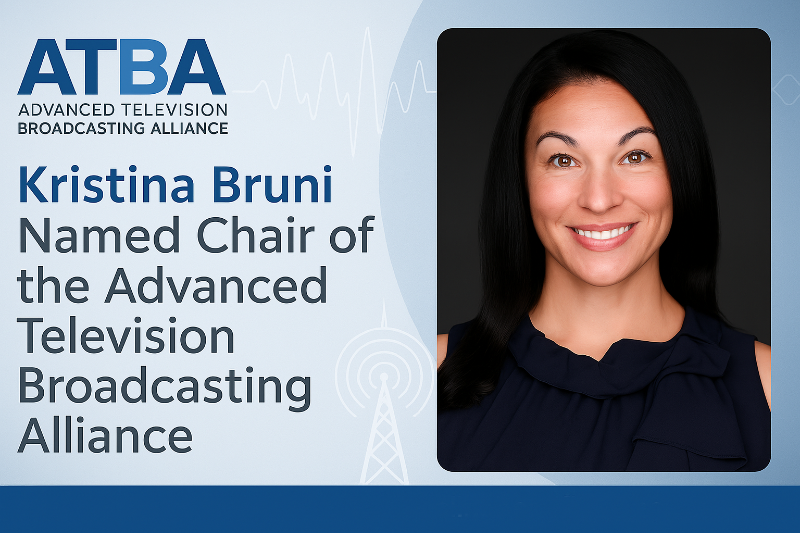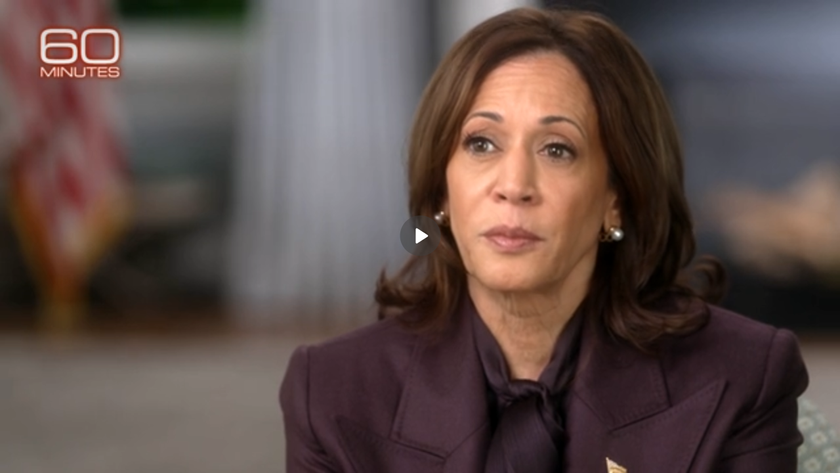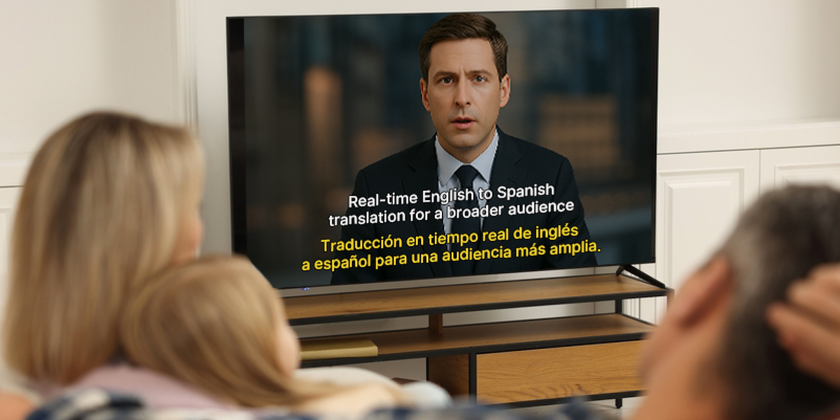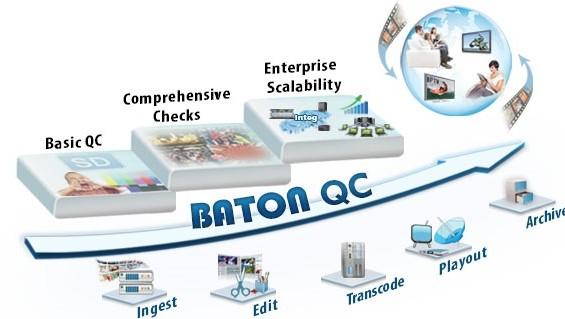Delay Promises Complications
WASHINGTON
The DTV transition delay is giving some of the hard-to-reach and last-to-prepare people in America their final chance to find coupons, converter boxes, and even DTV signals.
But to broadcasters—who were never all that enthusiastic about the delay—and the people they work with, the move to a June 12 deadline brings a stack of headaches.
Broadcasters, anticipating a delay, were inhibited from making any moves until Congress actually passed the bill, first suggested by the Obama transition team before the Jan. 20 inauguration. But first, the package had to satisfy Sen. Kay Bailey Hutchison of Texas, the top Republican on the Senate Commerce Committee, and then overcome the attempts by House Republicans, led by Rep. Joe Barton, also of Texas, the top Republican on the House Commerce Committee, to stop the delay from happening.
Now tower crew schedules, equipment vendors, changing channel assignments, and the interests of other spectrum users add up to a stack of complications.
"It's quite problematic," Don Doty, co-founder of tower Doty Moore Tower Services, said of a potential delay. "There are literally millions of dollars of contracts around the country for people to move at the last minute."
RIPPLE EFFECT
Work is needed to move DTV antennas to the preferred positions on towers, and some stations are waiting for analog transmissions to cease so their DTV signals can shift to those channels. Public-safety and wireless users may delay plans for rollout and testing; and the costs of the changes will trickle down to other companies, including many small businesses.
"The coordination for the transition had been in place, in some cases, for years," Doty said. "There are many, many, hundreds of companies affected in a negative way."
Doty said the costs of the delay to the industries ancillary to broadcasting could be in the millions of dollars. That's not even counting the power and maintenance costs of keeping analog transmitters on for the extra four months; PBS has reported that the switch will cost $22 million, and other broadcasters have mentioned figures around $10,000 per month for analog operations.
Mark Aitken, director of advanced technology at Sinclair Broadcast Group, notes that there are plenty of issues beyond the power costs. For example, big-ticket orders for equipment are often paid in stages, with the final payment upon installation. But broadcasters delaying their analog shutoff and tower work may also delay equipment delivery, holding up revenue for manufacturers and incurring storage costs. Vendors and crews have other chores they planned to get to after taking care of the Feb. 17 transition, and broadcasters have places in line with vendors and installers.
"It's a logistical nightmare," Aitken said.
Also, the change has the potential to confuse millions of viewers who are finally coming around to believe the ongoing threat that full-power analog broadcasting would end at midnight on Feb. 17. With hundreds of millions of dollars worth of ad time already used to highlight that date, there are stacks of PSAs, informational flyers and more that suddenly became relics of the controversy.
Even with the passage of the delay bill, it's unclear how many stations are taking advantage of the (nearly) four extra months. Barton asked that very question of FCC Acting Chairman Michael Copps, noting that there were complications with shifting channel assignments and other matters.
Copps responded that 1,089 stations (61 percent) are unlikely to face or cause interference problems, and many others may also be able to stay on.
Some stations are going ahead with the Feb. 17 analog shutoff as planned. Five stations in San Diego agreed in late January to stick with the date, leaving only the local public broadcaster (and a station in Mexico) on the air in full-power analog. Broadcasters in Iowa and in the Burlington, Vt.-Plattsburgh, N.Y. also said they would stick with the Feb. 17 date, although the FCC maintained the right to reject such shutoffs.
Copps praised broadcasters who said they would postpone the shutoff until June 12—including the major networks, plus most of the Hearst-Argyle and Gannett stations.
"These broadcasters are truly serving the public interest," he said.
Broadcasters going ahead with the Feb. 17 date can still take part in the so-called Nightlight program, allowing them 30 additional days of analog broadcasts of emergency and DTV-related information. The commission encouraged broadcasters ending normal analog transmissions after Feb. 17 to still run DTV info on analog for another few weeks. The new delay law does not allow another Nightlight period after June 12.
STOP THAT TRAIN
Until Congress passed the bill—and Obama made it official with his signature—broadcasters were inhibited from changing their plans for the Feb. 17 deadline. The bill might have come sooner, but Barton and others thwarted a move by House Democrats to pass the bill quickly, delaying passage of the bill by about a week. Barton also noted that the delay bill does not add more money to the converter box program, although House Republicans also fought hard against the Obama-backed stimulus package that contained extra funding for the program.
Retailers, banking on a February rush for the converter boxes, are sticking with that gameplan, for the most part.
"The most conservative approach, which is least likely to mislead consumers, is to continue to emphasize the February 17 date, and the need for consumers to Take Action Now," the Consumer Electronics Retailers Coalition said in a statement.
Other users are wary of the delay. Qualcomm, which has plans to deploy its MediaFLO service in various markets across the country, could face millions of dollars in new costs and lost revenues.
With the passage of the delay bill, the real fun begins, speculated Washington attorney Henry Cole on his firm's blog, "as the unfortunate folks at the FCC have to slam the brakes on the February 17 express train (with less than two weeks to go before that particular deadline, thank you very much), switch that train over onto the spur labeled June 12, and get it cranked back up to full speed again."
Among the issues are the call centers planned for the transition. The FCC announced a $12 million contract with IBM to provide a cell center around the Feb 17 date, and it wasn't clear if the dates for that contract would change. NAB, the cable industry and state broadcasters associations also had extensive call center plans in motion.
"The FCC's staff, which has done an incredible job so far in the transition process, deserves better than this," Cole wrote.
Get the TV Tech Newsletter
The professional video industry's #1 source for news, trends and product and tech information. Sign up below.










